Eurozone inflation hits new record as energy, food prices surge
Inflation in European countries using the euro currency has once again hit a new record as energy prices go up due to Russia’s military campaign in Ukraine and the coronavirus pandemic.
According to the latest data from the Eurostat statistics office, inflation in the eurozone increased by 8.9 percent in July compared to the same period last year. In June, this figure was 8.6 percent.
According to the German Federal Statistical Office, the economic production of the country has stagnated in the second quarter of the year and has not changed compared to the first three months of this year.
The Federal Bureau of Statistics has emphasized that the difficult global economic conditions in the shadow of the ongoing coronavirus pandemic and the Russian military invasion of Ukraine, which led to the disruption of the supply chain and the increase in prices, are clearly reflected in the economic development of Germany.
Analysts expect inflation in June to be slightly higher than the rate announced in previous months. The main driver of inflation is still the price of fuel, which has increased by 39.7% compared to last year. After that, food has had the biggest impact on inflation in the eurozone with an increase of 9.8%.
Many policymakers are very worried about the continuation of the inflation process by removing the volatility components.
“The inflation problem is getting bigger and bigger,” said Commerzbank economist Christoph Weil.
Due to the continued increase in inflation in the eurozone, the European Central Bank decided last week to increase the bank interest rate by 50 basis points (0.5 percent). This amount was more than the amount that was announced earlier.
The central bank also announced that it will increase the interest rate more than this in September. But according to policymakers, the amount of the increase depends on the received data.
The European Central Bank announced on Friday that due to the continuation of military conflicts in Ukraine and the energy price shock, economic activities have significantly slowed down.
“What we see in the real economy, certainly it is not terribly encouraging,” ECB Governing Council member Ignazio Visco told POLITICO earlier this week. “Everything was dismal.”
Due to the severe economic recession in the eurozone, investors believe that the European Central Bank will increase the bank interest rate earlier than scheduled.
“With a recession looming and inflation reaching new highs, the question is how the ECB will respond to an economy which is already cooling down,” ING economist Bert Colijn said. “Don’t rule out the ECB front-loading hikes. So 50 basis points in September is definitely still on the table.”
As Oxford Economics economist Nicola Nobile sees it, Friday’s data clearly point in one direction. “With inflation not showing any signs of cooling off in the short term and with the economic outlook not yet derailing, we expect another 50 [basis point] increase in September from the ECB,” she said.
Bangladesh poll result reflects public rejection of governance failures, not party loyalties: Analys
VIDEO | Iran holds 40th day memorial service for victims of US-orchestrated coup
Back to SAVAK days: Pahlavi monarchist violence surges against diaspora opponents
Russia threatens to deploy navy to protect vessels from ‘Western piracy’
Iranian Navy chief: Extra-regional fleets in West Asia 'unjustified'
'Die alone or with your family': Lebanese man killed after Israeli call
Iran, Russia to hold joint naval drill in Sea of Oman, Indian Ocean
Macron: French citizens fighting for Israel cannot be 'genociders'



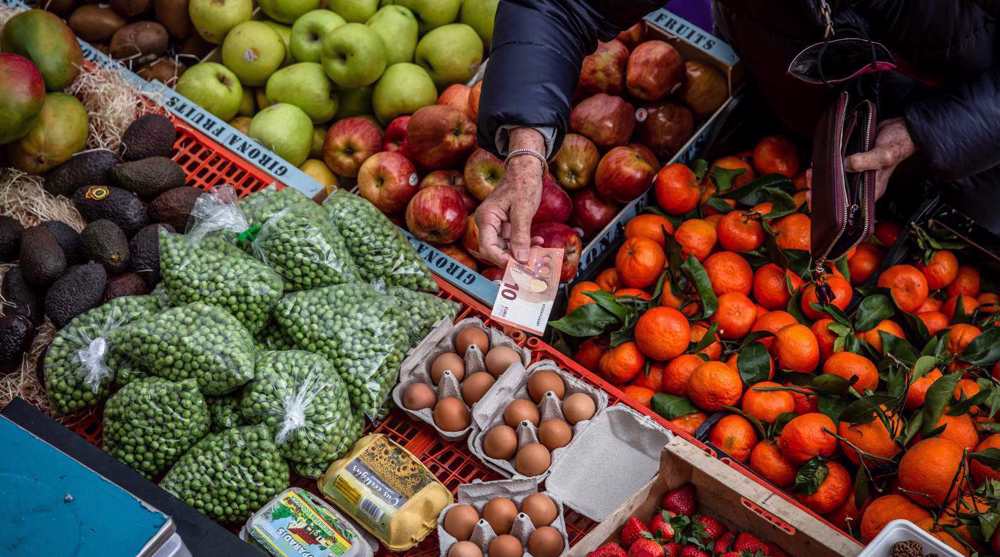
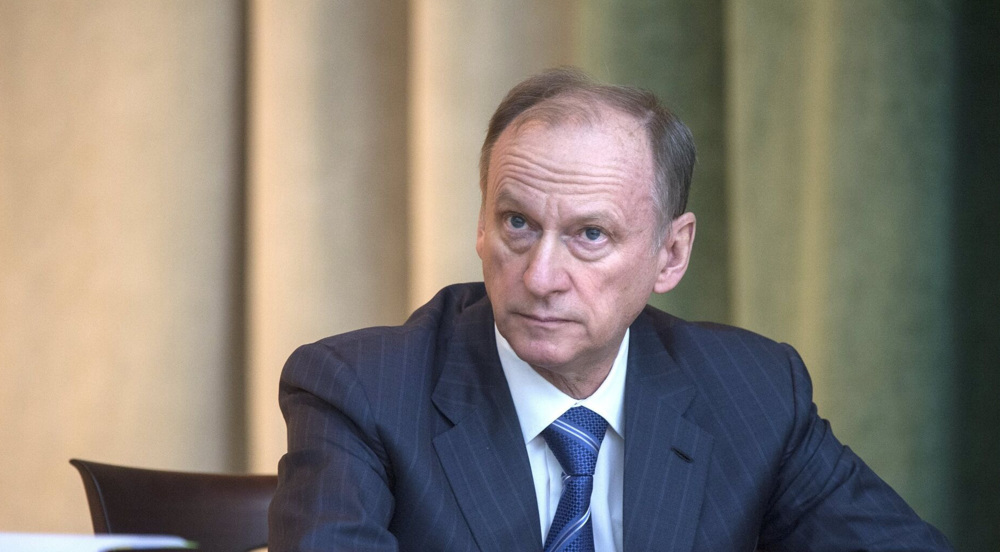





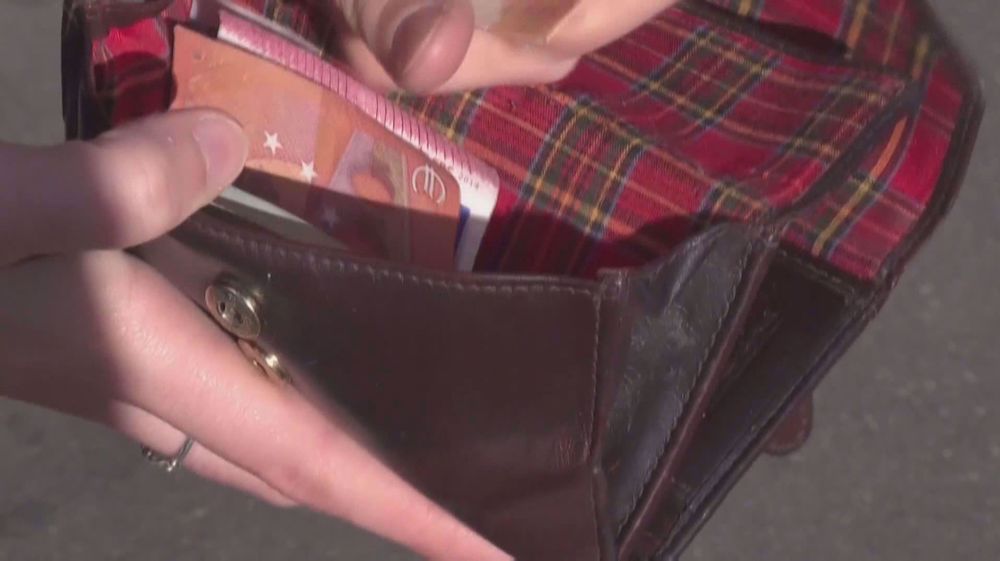

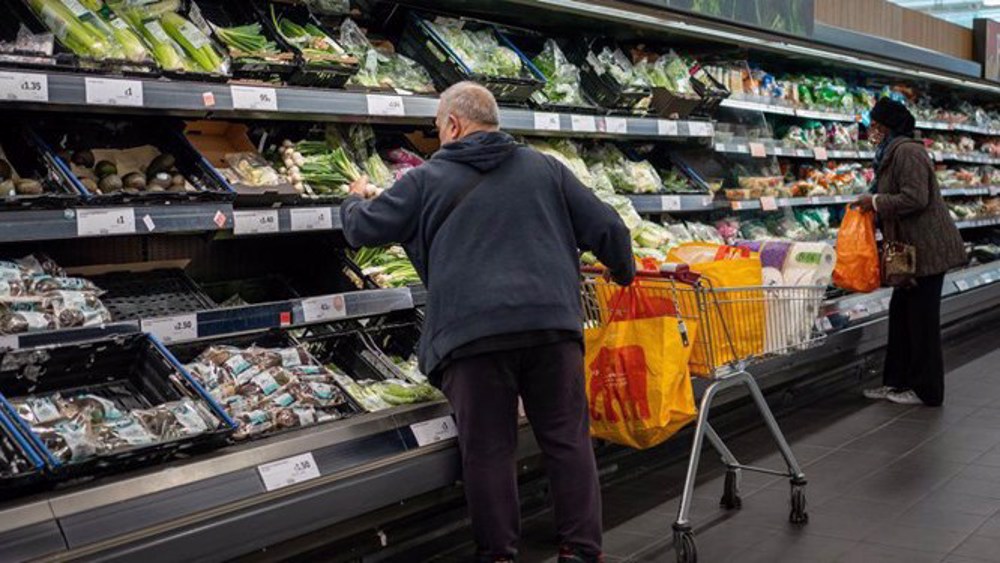
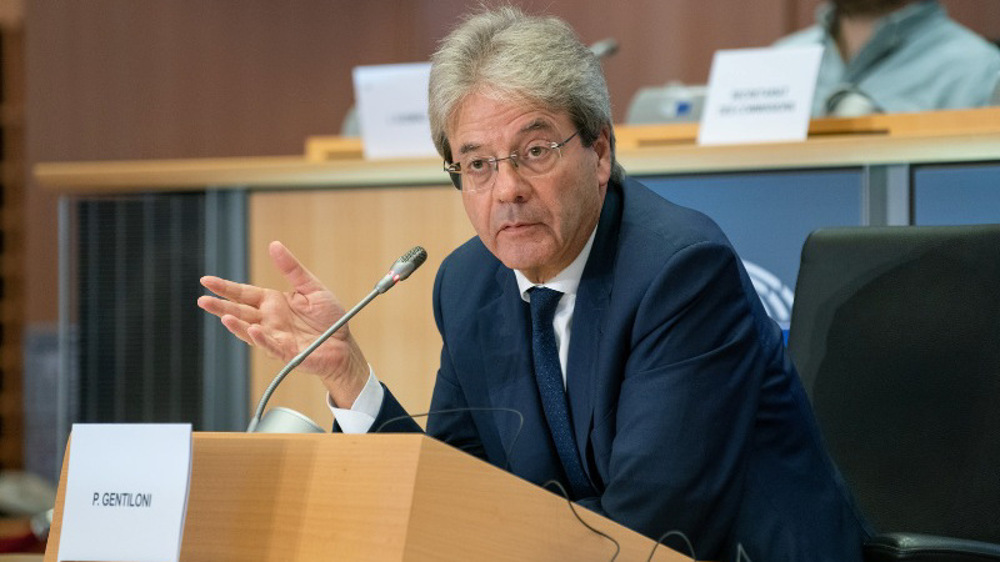
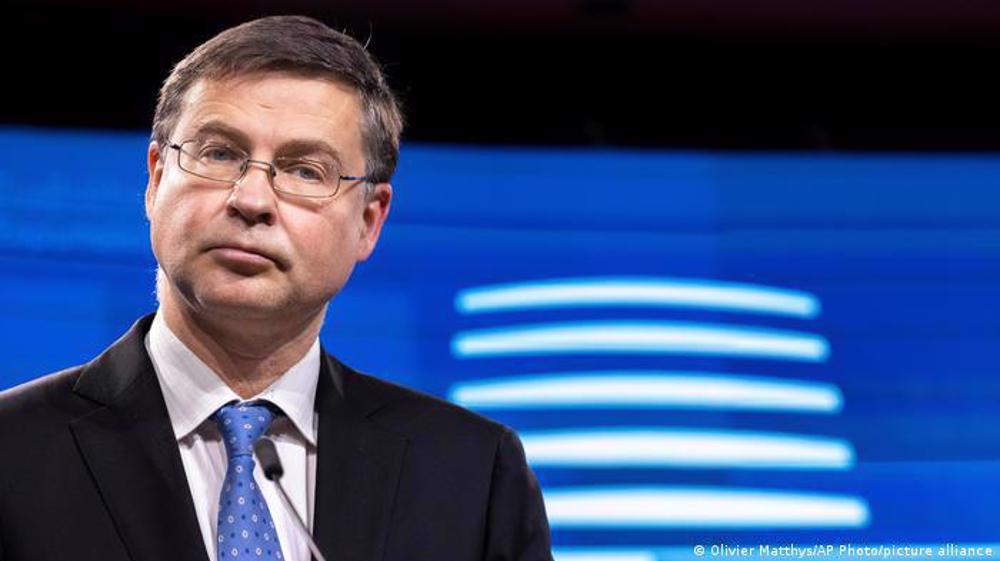
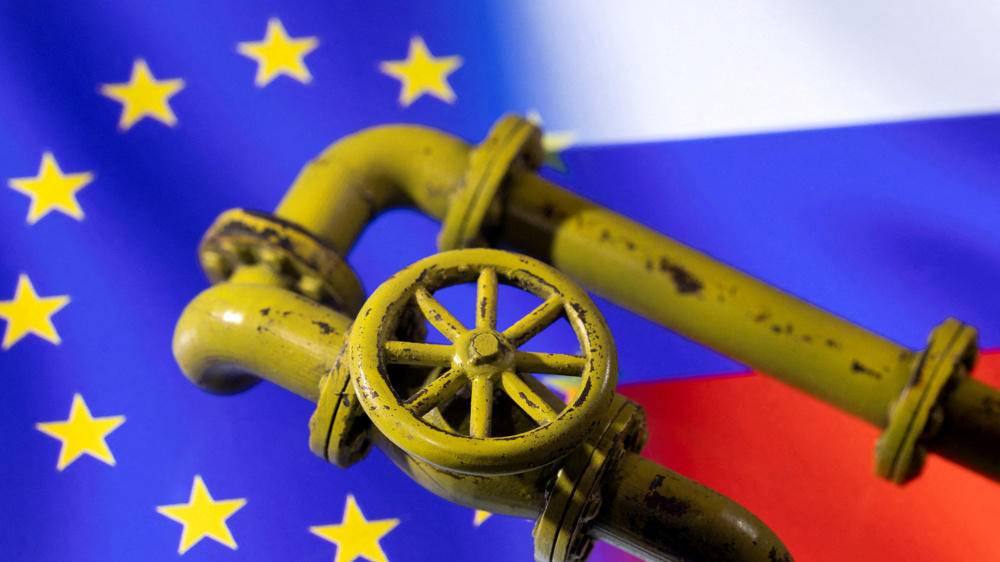

 This makes it easy to access the Press TV website
This makes it easy to access the Press TV website